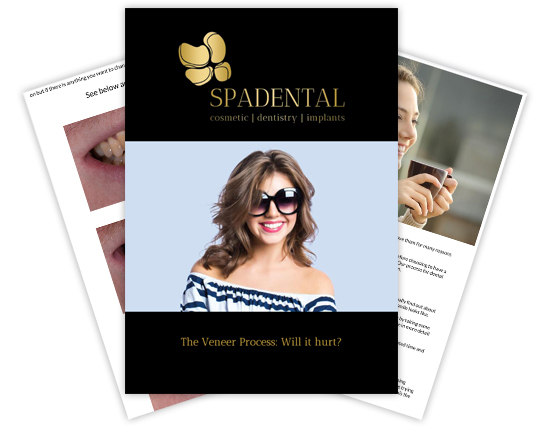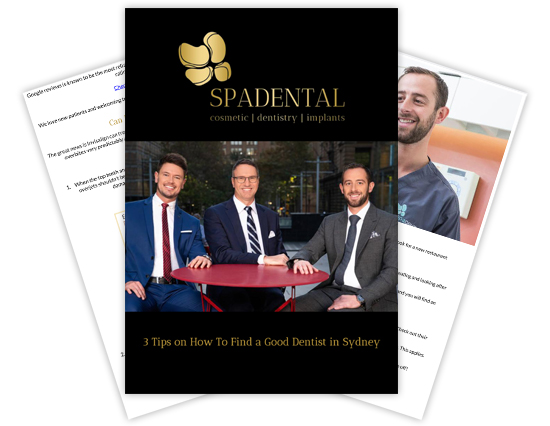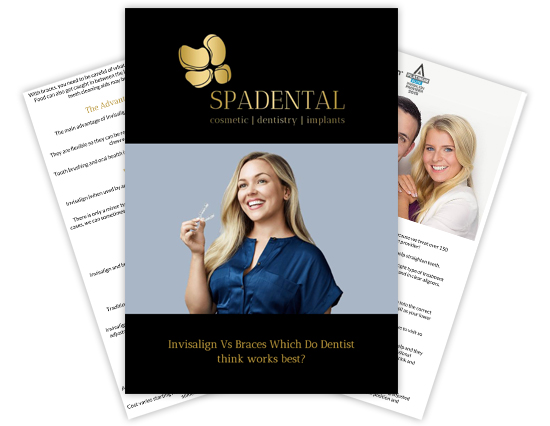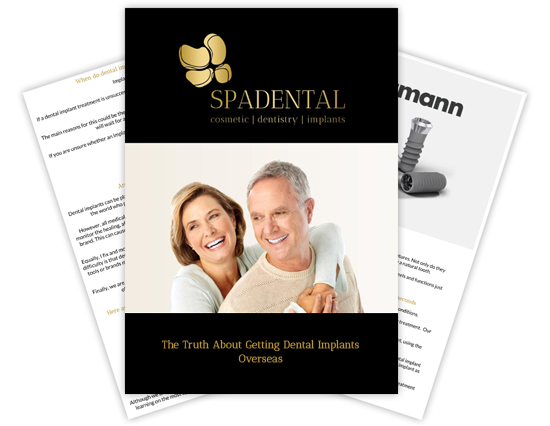How to eat right for a healthy smile

The foods you choose and how often you eat them can affect your general health and the health of your teeth and gums, too.
Proper nutrition means eating a well-balanced diet so that your body can get the nutrients needed for good health and wellness. If your diet is low in the nutrients your body needs, your mouth may have a more difficult time resisting infection. This may contribute to periodontal disease, a major cause of tooth loss in adults. Although poor nutrition does not cause periodontal disease directly, many researchers believe that the disease progresses faster and can be more severe in people with nutrient-poor diets.
A poor diet can lead to gum disease and tooth decay. Foods high in carbohydrates, sugars and starches greatly contribute to the production of plaque acids that attack the tooth enamel. Eventually, these acids can cause tooth enamel to break down, forming a cavity.
To ensure that your diet doesn’t negatively affect your teeth, there’s a few key things to keep in mind:
Drink lots of water
It’s calorie free, there are no ingredient labels to stress over, and it’s free! Even better, tap water in most areas of Australia contains fluoride, one of the easiest and most beneficial ways to help prevent tooth decay. If you choose water over anything else, and regularly sip it throughout the day, you’re going a long way to making real difference to the health of your teeth.
Limit snacking between meals
A key component in helping to prevent decay is saliva which helps your teeth recover from these attacks by neutralising the acids. However, this can be jeopardised if you snack frequently between meals, which means your teeth don’t get a break from the acid attacks that occur when you eat. Also, limit sugary treats to meal times, rather than between meals.
Watch what you eat
It is not just the obvious sweet foods and drinks such as lollies and soft drinks that can cause decay. Frequent snacking on foods with hidden sugars like biscuits, crackers, cereals, chips and even dried fruit (these foods break down into sugars in the mouth) can cause acid attacks on your tooth enamel.
Don’t eat too much before bed
It is important not to eat substantial amounts of food just before sleeping. This will contribute to nocturnal gastric reflux bringing stomach acid up the oesophagus (food pipe) which is a known contributor to weakening the teeth enamel and tooth decay.
Gum anyone?
Chewing sugar-free gum (and that’s the crucial qualifier, it must be sugar-free!) may not be the first thing that springs to mind when you’re thinking about good dietary habits that benefit your teeth. But studies have shown that chewing sugar-free gum for 20 minutes after eating can prompt your mouth to produce more saliva, which helps neutralise decay-causing acid attacks.
Resource: Australian Dental Association – www.ada.org.au




